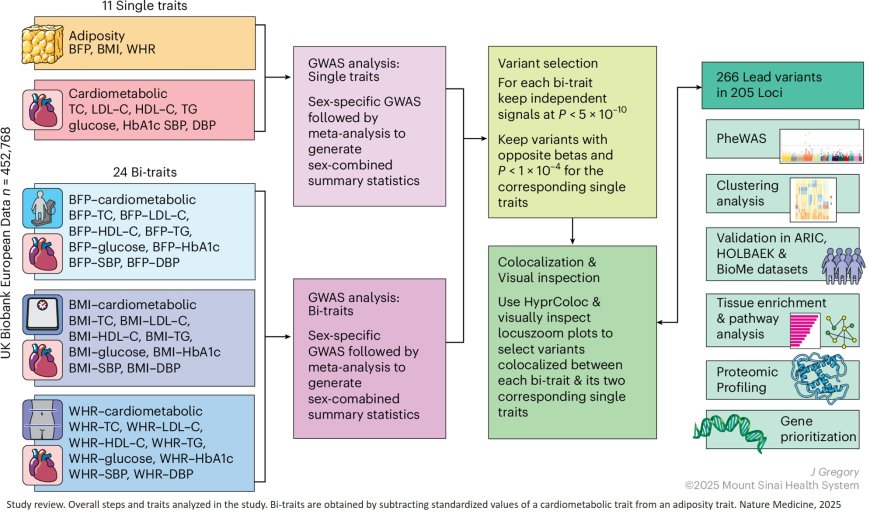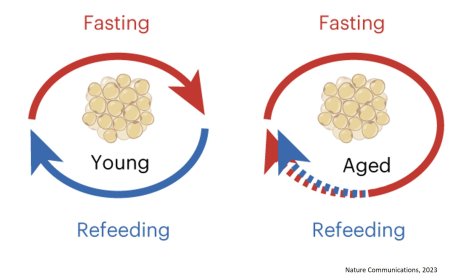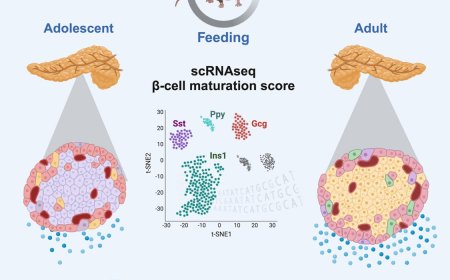Why obesity affects people differently

An international team of researchers has pinpointed some of the reasons why obesity does not affect everyone in the same way. Their study, published in Nature Medicine, identifies genetic differences that help explain why some people with obesity remain relatively healthy while others develop serious conditions like diabetes and heart disease.
The team analyzed genetic data from 452,768 people and discovered variants in 205 regions of the genome linked to higher body fat but better metabolic health. Using these discoveries, they developed a genetic risk score that adds up the impact of these variants. Individuals with higher scores were more likely to develop obesity—but were less likely to suffer from complications such as high blood pressure, high cholesterol, diabetes, or heart disease. This is due, in part, to the way fat cells behave in different people.
Importantly, these protective genetic effects were already visible in children. Kids carrying the protective variants were more likely to develop obesity but did not show the expected warning signs of metabolic disease.
“Our study shows that obesity is not a single condition—it is made up of different subtypes, each with its own risks,” said the first author on this paper. “By uncovering these genetic differences, we can start to understand why obesity leads to different health outcomes in different individuals. This could eventually change how we predict, prevent, and treat obesity and its complications.”
The research also identified eight distinct obesity subtypes, each linked to unique health risks. “These insights could eventually help doctors predict which patients are most vulnerable to complications and inform new treatments that mimic the protective genetic effects found in some people,” said the author.
The research team cautions that the findings do not mean obesity is harmless. “Most people with obesity still face health challenges, and lifestyle factors such as diet and exercise remain critical for overall health” said a co-first author on this paper.
The study was conducted in individuals from the UK Biobank, comprising people of European ancestry, and future work will extend to more diverse populations. It leveraged this data to perform a comprehensive multi-trait genome-wide screen. The team wanted to find new genes that affect body fat without being linked to cardiometabolic comorbidities by analyzing three a.diposity and eight cardiometabolic traits, including lipid, glycemic, and blood pressure traits.
“By revealing new biological pathways that separate obesity from related diseases, the findings may pave the way for more personalized care, better-targeted therapies, and earlier prevention strategies—even from childhood,” said the corresponding author.
https://www.nature.com/articles/s41591-025-03931-0
https://sciencemission.com/Genetic-subtyping-of-obesity












